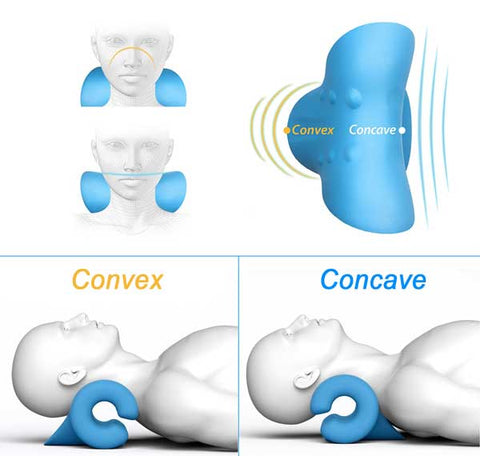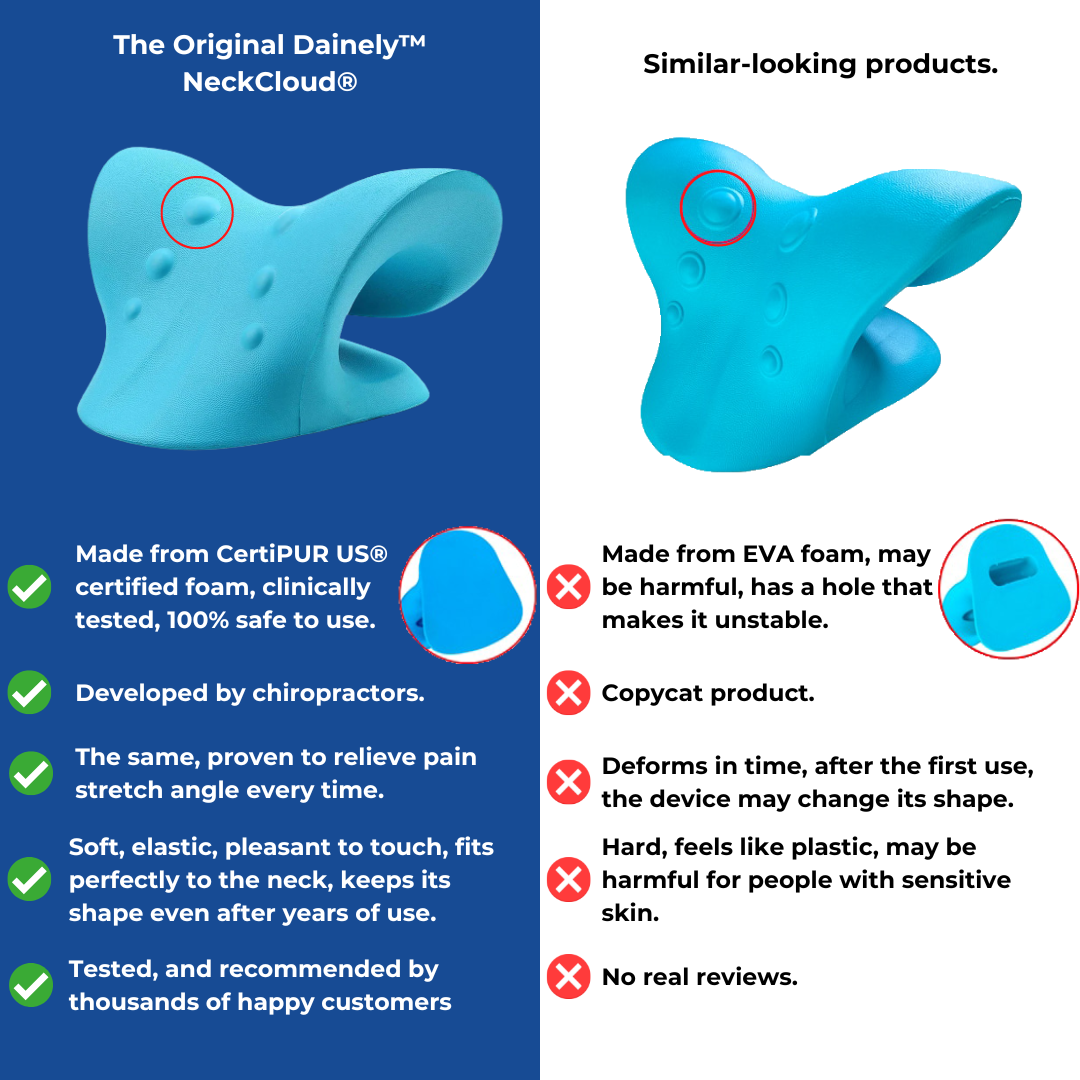The Effect of Stress And Anxiety on Neck Pain: Strategies for Minimizing Stress and Pain
In today's fast-paced globe, it's obvious that tension has become a widespread consider the start and worsening of neck pain. The detailed connection between stress and anxiety and muscle stress typically leaves people seeking remedy for the discomfort that follows. By checking out targeted techniques focused on decreasing stress and promoting relaxation, one can begin to deal with the origin of neck pain and job in the direction of an extra balanced state of well-being. Join us on a journey to untangle the influence of stress and anxiety on neck discomfort and find efficient means to reduce discomfort and improve overall top quality of life.
Recognizing Stress-Related Neck Discomfort
Stress-related neck discomfort can materialize as tension, stiffness, or discomfort in the neck and shoulder location. The connection in between stress and anxiety and neck pain exists in the body's physical feedback to stress and anxiety, which can result in muscle mass tension and rigidity in the neck muscle mass.

Identifying Common Tension Locations
One common tension area is the neck, where anxiety usually shows up literally. Stress migraines, rigid neck muscular tissues, and limited variety of movement are typical signs of stress-related neck tension. Being aware of these usual stress areas can help people identify the physical indications of stress and take steps to resolve them prior to they intensify into chronic discomfort or pain.
Executing Relaxation Strategies
Leisure strategies are important devices for reducing neck pain created by stress. In addition, activities like yoga and tai chi include both physical activity and leisure, making them efficient practices for decreasing anxiety and neck discomfort. By including these relaxation techniques into your everyday routine, you can aid take care of stress levels, decrease tension in the neck, and ease pain linked with stress-induced neck discomfort.
Incorporating Self-Care Practices
Incorporating self-care methods is crucial for maintaining overall well-being and managing stress-related neck pain efficiently. Engaging in routine exercise, such as mild stretching exercises or yoga, can read this assist ease stress in the neck and shoulders. Exercising excellent stance throughout the day and taking frequent breaks from long term resting or display time can additionally protect against pressure on the neck muscular tissues.
Furthermore, prioritizing adequate sleep and developing a regular rest regimen can contribute substantially to minimizing anxiety levels and promoting relaxation. Creating a calming going to bed regimen, read the article such as checking out a book or taking a warm bathroom, can aid prepare the mind and body for relaxed rest. Furthermore, maintaining a well balanced diet plan rich in nutrients and staying hydrated can sustain general health and wellness and reduce inflammation that might worsen neck pain.
Incorporating mindfulness methods, such as deep breathing exercises or reflection, can assist handle stress and advertise leisure. Taking some time for oneself, participating in pastimes, and setting boundaries to shield personal time are also crucial aspects of self-care that can add to minimizing tension and easing neck pain.
Looking For Expert Help
Just how can individuals successfully address relentless neck pain that is influencing their everyday life and well-being? Seeking specialist assistance can be a vital action in handling and reducing neck discomfort. Consulting with medical care specialists such as chiropractics physician, physical therapists, or orthopedic experts can supply valuable insights and individualized treatment strategies. These experts can conduct thorough evaluations to detect the underlying sources of neck pain and suggest ideal interventions.
Chiropractic practitioners concentrate on spinal manipulation techniques to enhance positioning and minimize stress in the neck location. Physical specialists use targeted stretches and workouts to reinforce muscles, enhance versatility, and improve general neck feature. Orthopedic professionals can give advanced clinical treatments such as injections or surgical alternatives for severe cases go to my site of neck pain.
Final Thought

Stress-related neck discomfort can materialize as stress, tightness, or pain in the neck and shoulder location. The link between anxiety and neck pain lies in the body's physiological reaction to tension, which can result in muscle mass stress and rigidity in the neck muscle mass. Tension migraines, rigid neck muscles, and restricted range of activity are usual signs and symptoms of stress-related neck stress. By integrating these relaxation techniques into your day-to-day regimen, you can aid handle anxiety levels, decrease tension in the neck, and alleviate pain linked with stress-induced neck pain.
